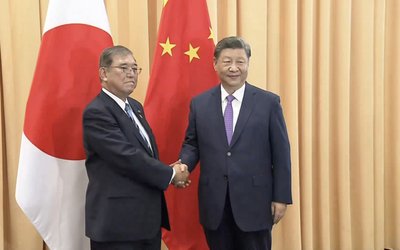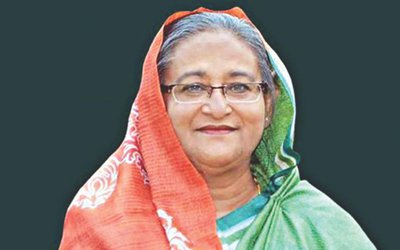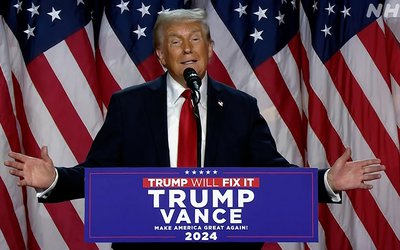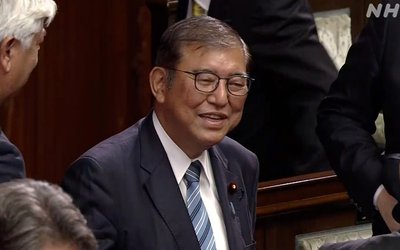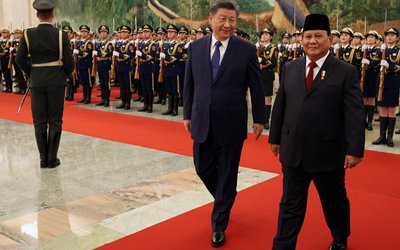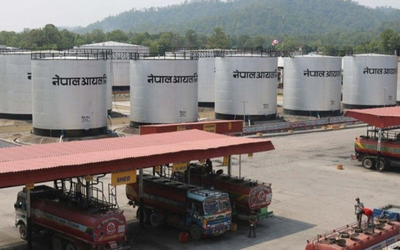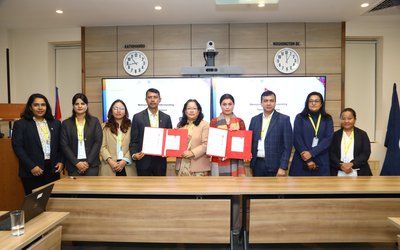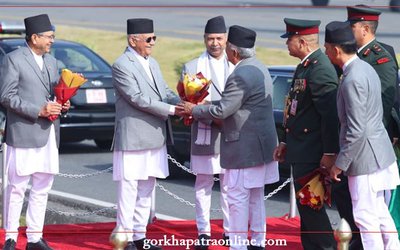
By Viola Zhou and Sidney Leng
President Xi Jinping is about to begin his second term as the top leader of China’s Communist Party. So what has he done during the first five-year term?
Politics
● After coming to power in 2012, Xi launched a relentless campaign to crack down on corruption and enforce loyalty. More than one million officials have been disciplined, including a number of prominent party and military leaders.
● Xi took aggressive steps to tighten the party’s control over Chinese society. His calls to strengthen grass-roots “party building” have seen weak party branches in 77,000 villages and communities become active again. He also ordered state media and universities to serve the party.
● His administration put forward strict rules regulating non-government organisations, religious practices and online speech. Hundreds of rights lawyers and activists were detained or interrogated during his first term.
Society
● Xi made environmental protection a priority. Numerous officials and companies were punished in the crackdown on pollution, but environmental problems remain serious, especially in the country’s industrial regions.
● Beijing has consistently reaffirmed its commitment to the Paris Agreement on climate change, which it ratified in September last year, despite this year’s US withdrawal.
● The government’s spending on the elimination of poverty doubled during Xi’s first term. China said it lifted more than 55 million people above the poverty line from 2013 to 2016, although the country’s wealth gap has widened in recent years.
● Xi put an end to the decades-old one-child policy to address a drop in the birth rate. But the shrinking labour force and ageing population are still long-term threats to the economy.
Xi Jinping (centre) inspects the Xiongan New Area, about 100km southwest of Beijing, where a new economic zone is being set up. Photo: Xinhua
Economy
● Xi has managed to keep China’s annual economic growth rate above 6.5 per cent, but it still largely relies on government investment.
● Xi has made limited progress in making the economy more market-oriented. Private capital was brought into a few state-owned enterprises, but many companies continue to rely on government support. Industrial overcapacity remains high, while corporate and government debt is rapidly piling up.
● Following the Chinese stock market rout in 2015 that wiped more than US$3 trillion off the value of mainland shares in just three weeks, Beijing unleashed a crackdown on market manipulators – so-called crocodiles – and corrupted financial regulators, as well as setting up the new Financial Stability and Development Commission.
● To make innovation the next growth driver, Xi’s government has invested heavily in scientific research and technology. A larger share of the world’s patent requests and research papers now come from China. The number of tech unicorns – start-up companies valued at more than US$1 billion – now stands at more than 50. It was fewer than 10 three years ago.
Diplomacy and defence
● Under Xi’s rule, China has become more assertive in handling territorial disputes while avoiding armed conflicts with other states. Beijing stepped up the building of artificial islands in the South China Sea, and set up regular naval patrols in the disputed waters of the East China Sea. China and India had their most tense border stand-off in decades this year.
● Xi has emerged on the world stage as a defender of globalisation. He extended China’s influence abroad. Under his signature “Belt and Road Initiative” trade plan, China has invested more than US$60 billion in Asia, Europe and Africa.
● The People’s Liberation Army has undergone a sweeping overhaul to make it more combat-ready. Xi restructured the army’s command system and announced plans to cut 300,000 troops.
Courtesy: South China Morning Post
- NEA: Kul Man Ghising, A Cool Man
- Oct 28, 2024
- DASHAIN FESTIVAL : Festival of Unity
- Oct 04, 2024
- NEPAL-CANADA Bilateral Meeting
- Oct 04, 2024
- MIDDLE BHOTEKOSHI: Final Stage
- Sep 23, 2024
- UDIPUR SUBSTATION: Improve Quality Of Distribution
- Sep 19, 2024

